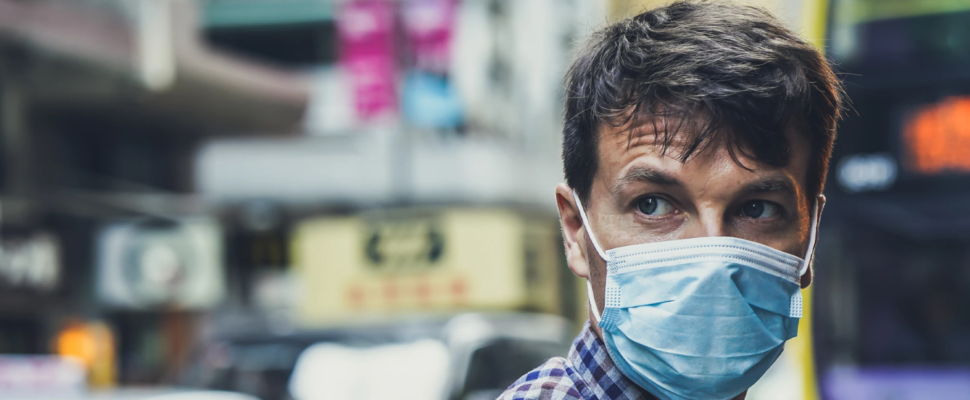The 2019 Wuhan coronavirus outbreak has seen a surge in demand for protective masks as publics across the world seek to protect themselves from infection. Manufacturers of the masks have seen their stocks boom, but supply is outstripping demand and hoarding practices may leave healthcare professionals on the frontline of treating the virus without adequate protection.
Mask Manufacturers’ Stocks Up
The outbreak has devastated global stock markets, with trading in China now having halted completely. However, amid contagion fears, companies producing protective masks have seen their share prices soar.
According to Reuters, companies that have seen significant leaps in shares in recent weeks include South Korean mask producer Monalisa, which jumped 29 percent, Japanese medical product supplier Kawamoto Corp, the share price of which tripled, Japanese protective clothing manufacturer Azearth (53 percent increase) and Top Glove Corp of Malaysia, whose shares surged by a quarter within a single week.
This comes in stark relief to global stock markets more generally as China – a vital cog in the global economy – has all but ceased production across a range of industries in order to limit the flow of the virus. As Avi Salzman of Barron’s reports, “Airlines, energy companies, and multinationals with heavy China exposure have experienced particularly sharp drops. Starbucks has had to shut more than half of its stores in China — the company’s most important growth area — amid the outbreak.”
Booming Demand
There are currently around 43,000 confirmed cases of the coronavirus in Asia, around 32,000 of which are in mainland China, and it has claimed over 1,000 lives in the country as of the 10th February 2020, according to the NY Times. Against this backdrop, and with no vaccine for the disease currently available, some Chinese cities, including Wuhan, the centre of the outbreak, and the southern metropolis of Guangdong have implemented rules requiring citizens to wear masks in public or face a fine. However, supply of these products does not yet meet demand and the protective masks have largely sold out across the region.
This run on masks has even extended beyond China’s borders. Paranoia over the coronavirus is being felt especially sharply in the US, where mask manufacturers such as Honeywell and 3M have ramped up production in order to meet demand. Vox’s Terry Nguyen reports that “people across [the USA] have descended on local pharmacies or health supply stores to hoard boxes of surgical masks, even in states where there isn’t a serious coronavirus threat. Some say it’s a precaution, while others are looking to send masks to friends and relatives overseas, where supplies are low or expensive due to increased demand.”
Effective Protection?
This hoarding has the potential to lead to shortages of masks, affecting clinics or hospitals where they are most needed. Moreover, experts are warning that, while wearing a mask if already exhibiting flu-like symptoms is a good precaution, the use of these masks outside of a hospital setting does not provide proper protection from infection.
As Dr David Carrington, a clinical virologist at St George’s, University of London, told BBC News, “routine surgical masks for the public are not an effective protection against viruses or bacteria carried in the air” because they are too loose, have no air filter and leave the eyes exposed.
Dr Nathalie MacDermott, a clinical lecturer at King’s College London, told Sky News there is “not any good evidence” to suggest surgical masks can protect the general public from the virus.
Instead, as Salma Khalik of the Singapore-based Straits Times reports, “The World Health Organisation and the United States Centres for Disease Control and Prevention are telling people not to use face masks if they are not sick. Instead, they advise people to wash their hands thoroughly and regularly throughout the day and to avoid touching their eyes, nose and mouth with unwashed hands.”


